Please note: this event has passed
Join the King’s Women in Informatics Conference to learn about the exciting research conducted by King’s students and staff who identify themselves as women or non-binary, have a chat about a career in research, and network over refreshments.
Wednesday 29th March 2023 16:00 - 19:00, Bush House (S) 5.01
Please register for the conference in advance. This is due to limited room capacity.
Speakers:
Prof Yulan He: Machine Reasoning for Natural Language Understanding
Dr Ruba Abu-Salma: Participatory Threat Modelling with Migrant Domestic Workers
Dr Jie Zhang: Fairness in ML-based Software: Survey and Practices
Dr Seray Ibrahim: Investigating and designing for in-situ parenting support with technology
Sara Tandon: Visual Task Performance and Spatial Abilities: An Investigation of Artists and Mathematicians
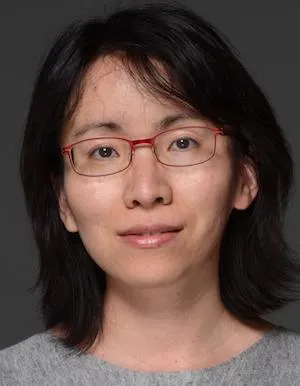
Prof Yulan He
Title: Machine Reasoning for Natural Language Understanding
Abstract: Enabling machines to understand human languages requires equipping AI systems with reasoning capabilities. Reasoning is not necessarily achieved by making logical inferences. In our context, it refers to being able to manipulate previously acquired knowledge in order to enhance the understanding of new information encountered. In my talk, I will outline our recent progress in machine reasoning, including incorporating commonsense knowledge for emotion detection in dialogues, event semantic reasoning for answering questions relating to real-world events reported in news, and evidence reasoning for rumour veracity assessment.
Bio: Yulan He is a Professor at the Department of Informatics in King’s College London. She is currently holding a prestigious UKRI Turing AI Fellowship. Yulan’s research interests lie in the integration of machine learning and natural language processing for text analytics. She has published over 200 papers on topics including machine reading comprehension, sentiment analysis, topic and event extraction, fake news detection, biomedical text mining, and social media analytics. She has received several prizes and awards, including a SWSA Ten-Year Award, a CIKM 2020 Test-of-Time Award, and AI 2020 Most Influential Scholar Honourable Mention by AMiner. She has served as the General Chair for AACL-IJCNLP 2022 and a Program Co-Chair for EMNLP 2020.
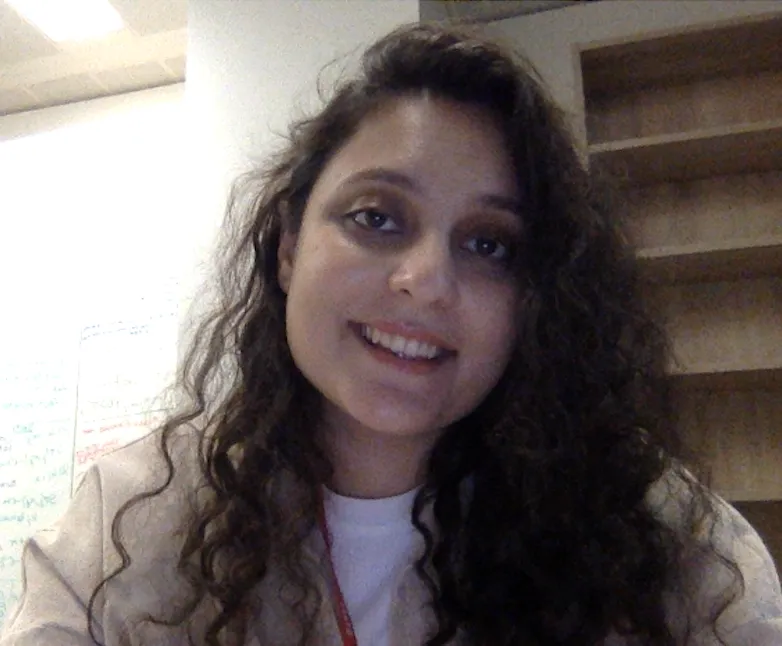
Dr Ruba Abu-Salma
Title: Participatory Threat Modelling with Migrant Domestic Workers.
Abstract: The needs of marginalised groups like migrant domestic workers (MDWs) are often ignored in digital privacy and security research. If considered, MDWs are treated as 'bystanders' or even as threats rather than as targets of surveillance and legitimate security subjects in their own right. Using participatory threat modelling (PTM) as a method of incorporating marginalised populations' experiences, we designed and conducted five workshops with MDWs (n=32) in the UK to identify threats to their privacy and security. We found that MDWs named government surveillance, scams and harassment, and employer monitoring (in this order) as the primary threats to their privacy and security. We also examined the methods MDWs used to stay safe online, such as configuring the privacy settings of their online accounts and creating on- and offline community support networks. Based on our findings, we developed and disseminated a digital privacy and security guide with links to further resources that MDWs can refer to. We conclude by arguing that security research must consider broader social structures like gendered work and racialised border policy that foster insecurity in the lives of MDWs. We also present the key lessons of our work, including considering data sharing from the perspective of stakeholders who do not own technology devices but are affected by them, and reflecting on how security research can stop enabling harmful forms of surveillance.
Bio: Dr Ruba Abu-Salma is a Lecturer in Computer Science at King’s College London (KCL). Ruba is affiliated with the Cybersecurity Group and the Human Centered Computing Group in the Department of Informatics. Her research is interdisciplinary. She works at the intersection of cybersecurity, privacy, human-computer interaction (HCI), and public policy. She aims to understand and improve people’s security, privacy, and safety decision-making processes, with a focus on at-risk populations.
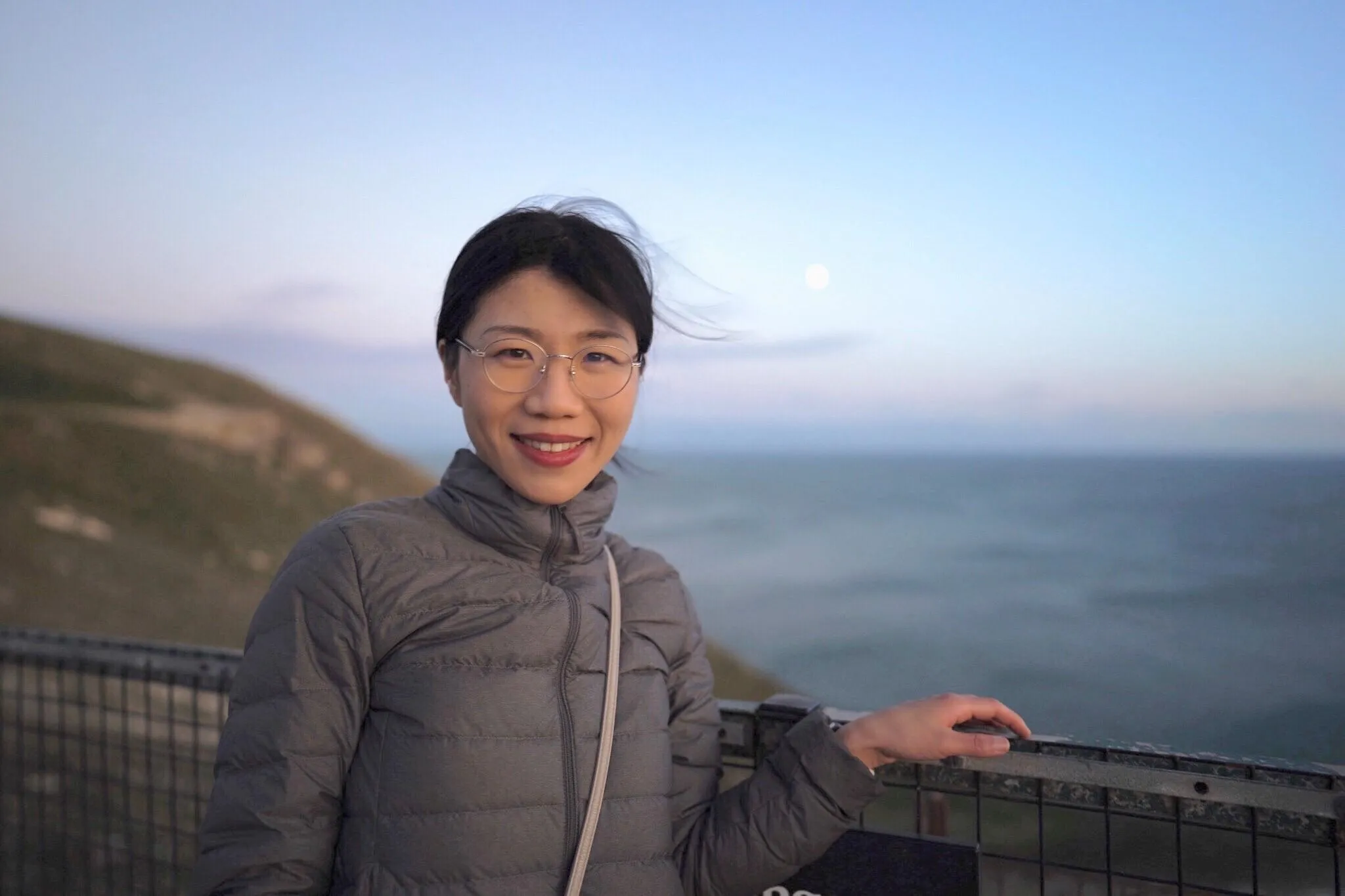
Dr Jie Zhang
Title: Fairness in ML-based Software: Survey and Practices
Abstract: ML-based software is widely used for critical decision making applications, such as to select job applicants, to evaluate employees' performance, and to predict medical treatment. However, the decisions made by machine learning software can be unfair, affecting the benefit of people in minority groups or historically disadvantageous groups. Fairness has drawn substantial attention in both the software engineering community and machine learning community. In this talk, I will first overview the literature of fairness in ML-based software, then introduce several of my recent research publications on fairness testing and improvement.
Bio: Dr Jie Zhang is a lecturer of software engineering at the Department of Informatics at King’s College London. Before joining King’s she was a Research Fellow at University College London, and a research consultant for Facebook London. She obtained her PhD from Peking University in 2018. Her PhD advisors were Prof Lu Zhang and Prof Dan Hao. She works at the intersection between software engineering and machine learning. Her main research interests are software testing, machine learning trustworthiness, machine learning fairness, code generation, and program analysis. She is the steering committee chair of the SBST workshop. She is also a co-chair of SANER 2023 Journal-First Track, SBST 2021, Mutation 2021&2020, ASE 2019 Student Research Competition, and is frequently invited as a PC member of top-tier software engineering conferences such as ICSE, FSE, ASE, and ISSTA. She has been invited three times to attend Dagstuhl Seminar.
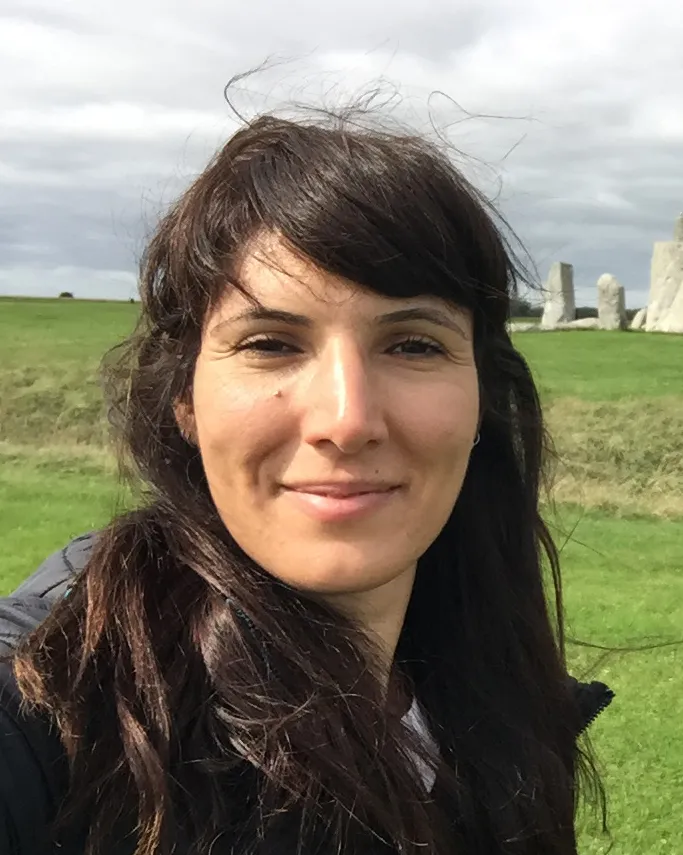
Dr Seray Ibrahim
Title: Investigating and designing for in-situ parenting support with technology
Abstract: Parenting is one of the strongest predictors of child well-being and social-emotional competence. However prior research has shown that parents find it difficult to implement behavioural and emotion-focused parenting strategies within the context of their daily lives. Across HCI and psychology, little is known about what aspects of ‘evidence-based’ advice parents struggle with, or how technology-enabled interventions might be designed to support parent-child interactions in-situ. In this talk, I will describe and reflect on a series of studies we carried out as part of the Positive Parenting case study strand of Dr Petr Slovak’s UKRI Future Leaders Fellowship. Our goal, to date, has been to co-develop a set of methods that parents perceive as useful and interesting when self-reflecting on and sharing their parenting experiences. Our broader goal is to utilise insights from these methods to design novel, situated supports that can augment and build on the delivery of formal and informal parenting support.
Bio: I am a human computer interaction (HCI) researcher, interested in how digital technology can positively impact on the everyday lives of people who often have little say over how technology is designed. My research draws on interdisciplinary perspectives from HCI, design research, multimodal communication, psychology and my clinical speech therapy background to consider how technology might support children’s communication, learning, health and mental wellbeing. For example, my research has explored the role of technology for digitally mediated in-person communication for children with severe speech and physical impairments (PhD thesis, UCL 2020) and personalised learning technologies for the classroom (PDRA on H2020 iRead Project, UCL 2021-22). Prior to my PhD, I worked as a Speech and Language Therapist within the NHS (2004-2015), with clinical specialisms in neurodisability, autism and assistive technology. In my current PDRA role at KCL, my research focuses on parenting and mental health interventions for children and families.
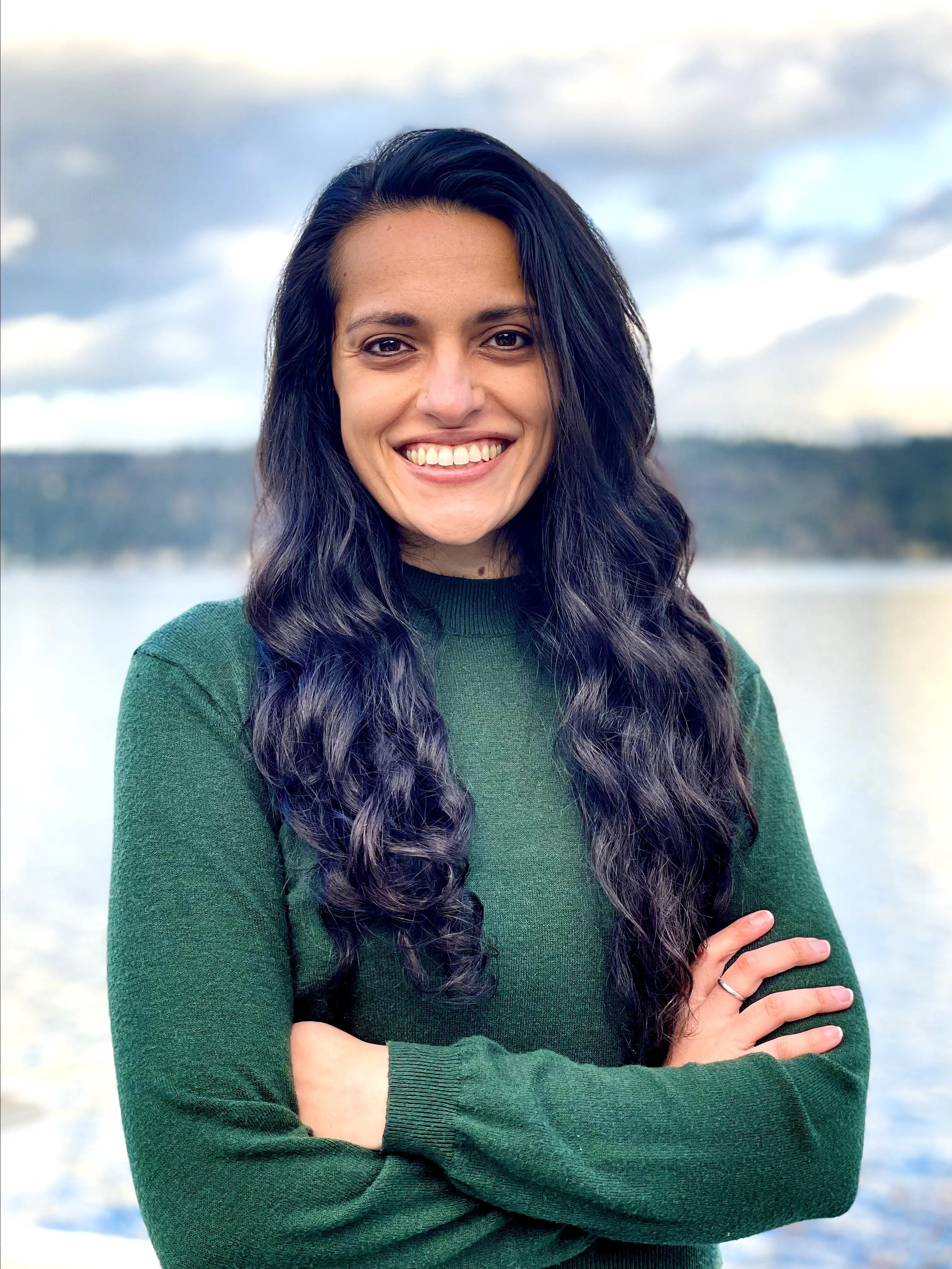
Sara Tandon
Title: Visual Task Performance and Spatial Abilities: An Investigation of Artists and Mathematicians
Abstract: This talk presents a domain-specific empirical investigation of visual artists and math & computer scientists on their respective relationships to, perceptions of, and interactions with data visualization. We conducted a three-phase study utilizing mixed-methods to investigate performance on visual and text representations of data between domains. Our findings evidenced how math & computer scientists are proficient utilizing text representations of data while artists benefit more from visual chart representations comparatively. Finally, we present perspectives from artists to gain an understanding of their approach to visual and mathematical tasks. Our findings indicate that artists are especially adept at statistical visual tasks and that development of cognitive skills could be fostered by individuals to potentially benefit visualization task performance. This research is in the publication process as part of CHI 2023.
Bio: Sara Tandon is a 4th year PhD student at King's. Her research focuses on how individual differences (i.e., domain and cognitive abilities) affect interactions with statistical data visualization. Additionally, Sara works for Microsoft's Design Studio researching and creating data visualization for AI experiences. Sara's personal passions are around intentional gatherings and creating space for people to feel seen and known, which trickles back into her research.
Event details
Bush House (S)5.01Bush House
Strand campus, 30 Aldwych, London, WC2B 4BG
